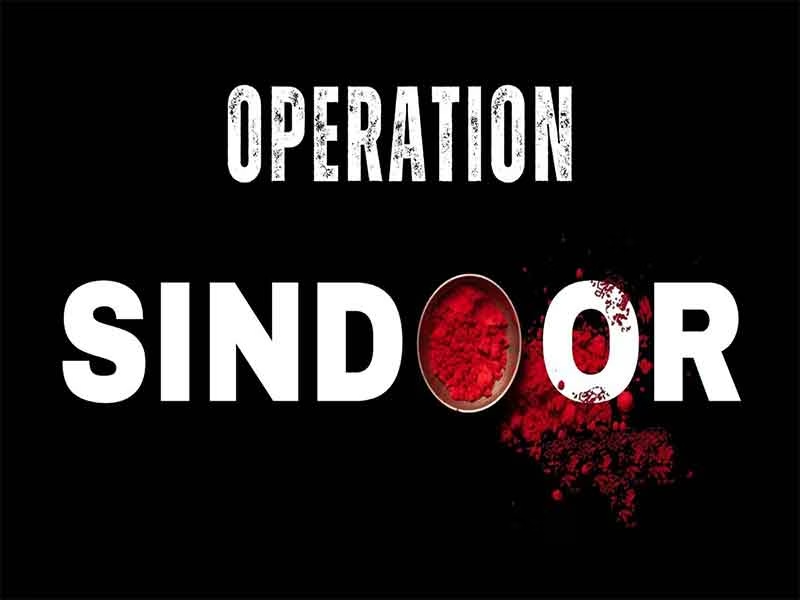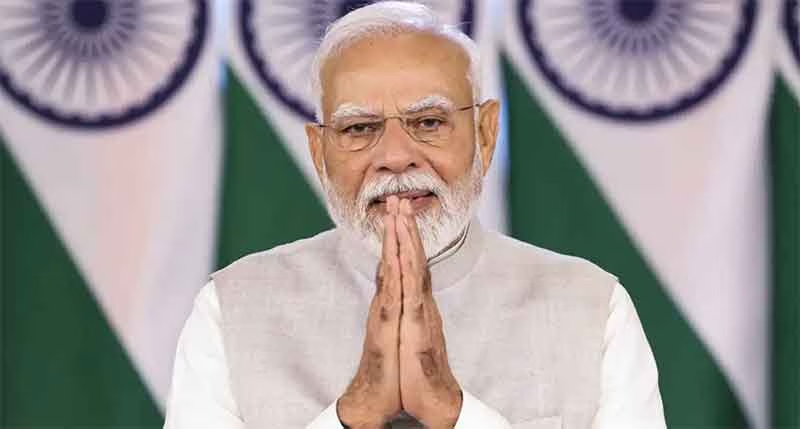
President Donald Trump wants Tehran to take his stand regarding “nuclear talks” seriously or else face “consequences,” that of “bombing” and more. Certainly, talks have begun but there is no certainty about what are they heading for. United States suspects of Iran having potential of developing nuclear weapons, which it wants to abandon. Iran has rejected this claim, saying that its nuclear program is for civilian energy purposes. Prospects of US and its allies, particularly Israel being convinced by Tehran’s stand may be viewed as dim, practically non-existent. It is difficult to forget the stand adopted by President George Bush regarding Iraq’s suspected WMDs. US went all the way to bombing Iraq and targeting the then Iraqi President Saddam Hussain. Subsequently, as per reports, no evidence was found of Iraq possessing suspected WMDs. At present, the ironical similarity between the then US, rather Bush’s stand towards Iraq and that of Trump towards Iran stands out. Though diplomatic language suggests that the US and Iran are holding talks, realistically speaking, they may not have even been initiated if Trump didn’t push for the same. At the same time, there is no guarantee as to when Trump may backtrack from these and adopt the same approach against Iran as Bush did against Iraq.
Nevertheless, the fact that talks appear to be continuing cannot be ignored. Equally significant is probably the role being played by other powers, particularly key Arab countries. The reality is that they have closer ties with Iran than they had earlier. They are not keen for displaying a cold attitude towards Iran or turning their back towards it if Trump decides to harden its stand towards Tehran by abandoning the negotiations. Trump is certainly aware of this diplomatic reality. This is openly visible in support displayed by them towards these talks and their efforts towards to facilitate these. Diplomatic ties between these Aran countries and Iran have definitely come a long way from when they opposed similar talks between US and Iran. They are keen for regional stability and are opposed to tension here, which may be escalated if US-Iran talks fail. What is worth noting is the new diplomatic approach being exercised by Arab countries, including Saudi Arabia, UAE, Oman, Bahrain and Kuwait. This is marked by a few issuing statements, welcoming the dialogue process and expressing that they hoped it would lead to peace, contributing to resolving regional and international disputes. In other words, this may also be viewed as their clearly and strongly asserting that they are against any tension in the region because of differences between US and Iran.
Diplomatic priorities of Arab countries may be viewed as far more balanced, strategic and shrewd than they seemed earlier. They have apparently chosen not to be solely allied with United States. This is marked by recent years being marked by their developing stronger ties with Russia as well as China than they were earlier. Of course, the western media has primarily taken note of Iran’s proximity with Russia and China. But that of other Arab countries has not been given the same importance. United States war against Iraq as well as the devastating impact of the so-called “Arab Spring,” viewed now as Arab Winter probably compelled Arab countries to reconsider their diplomatic ties. This attitude has been further enhanced in the wake of Ukraine-crisis and Gaza-crisis.
The situation following the Iraq-strikes apparently prompted Russia and China, to make best of the circumstances by moving closer to Arab countries diplomatically as well as economically. And the latter responded positively to the same. Besides, the importance of enhancing regional ties amongst themselves assumed a new meaning for them. Against this backdrop, chances of their welcoming any conflict between US and Iran are minimal. They also appear to be giving some importance of not being considered in solely United States’ camp. They don’t want to be. In the long run, they apparently see greater gains by retaining as well as strengthening ties with the three- US, Russia and China- without compromising their own stature on any front. This includes their present stand of improving relations with Iran. Several instances can be cited, which following Trump’s entry into White House are suggestive of their role in speeding up talks between US and Iran. It began with an UAE diplomat’s visit to Tehran to deliver a letter from President Trump to Iran’s Supreme Leader Ayatollah Al Khamenei, expressing the former’s desire to initiate nuclear talks. Subsequently, talks were hosted by Oman. Recently, Saudi Defence Minister, Crown Prince Khaled bin Salman visited Tehran and met Khamenei to strengthen their ties. Since the Beijing Agreement (2023), a deal signed by Saudi Arabia and Iran, with China as the peacemaker, to consolidate their ties, their relations have been improving.
Ahead of Trump’s decision to hold nuclear talks with Iran, Arab nations have been in the forefront to consolidate their ties with Tehran. Not surprisingly, they appear to be playing a key role in initiation as well as continuation of US-Iran talks. In the process, much to surprise of most experts, European countries, strong western allies of US have been side-lined. Should this be viewed as a diplomatic gain for Arab nations or not is debatable but has certainly left European nations a little puzzled. As the situation stands now, talks have not been called off.
Subscribe to Our Newsletter
Get the latest CounterCurrents updates delivered straight to your inbox.
Interestingly, this appears to be the only front where Trump’s diplomacy is showing some sign of progress. The same cannot be said about either Ukraine-crisis or Gaza. Perhaps, it is time the West accepted that Arab nations’ diplomacy cannot be ignored and Iran’s nuclear diplomacy cannot be taken lightly. And of course diplomatic priorities of Trump are also at stake!
Nilofar Suhrawardy is a senior journalist and writer with specialization in communication studies and nuclear diplomacy. She has come out with several books. These include:– Modi’s Victory, A Lesson for the Congress…? (2019); Arab Spring, Not Just a Mirage! (2019), Image and Substance, Modi’s First Year in Office (2015) and Ayodhya Without the Communal Stamp, In the Name of Indian Secularism (2006).














































